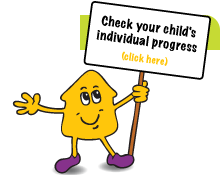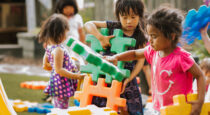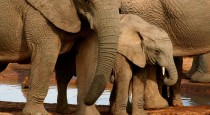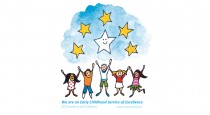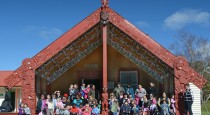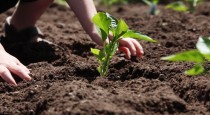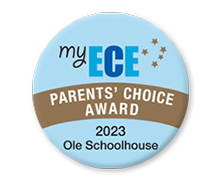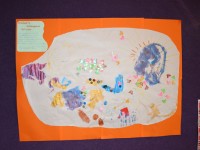Kaupapa
Kaupapa
We believe in the spiritual nature of every tamaiti (te wairua o te tamaiti) and value their uniqueness in terms of life experience, developmental readiness, and cultural heritage.
We have a strong commitment to the Treaty of Waitangi and to bicultural development. We recognise the mana of the child as we strive to provide a safe, inclusive, stimulating environment that acknowledges the rich funds of knowledge that every child brings with them (mōhiotanga). Our goal is to manaaki (nurture) the spiritual, physical, social, emotional, and cognitive development of each child through our enactment of Te Whāriki, the early childhood curriculum. Partnerships (whakawhānaungatanga) between whānau and our centre is essential to the well-being (mana atua) of the tamariki in our care.
We believe in the integration of learning and play, as children learn best by ‘doing’ (mana aotūroa). Given opportunities to explore the world around them, young children become active, involved learners (mātauranga). While tamariki learn as they play, they achieve the best outcomes with sensitive and considered teacher intervention to support their learning. We want our centre to be a place where children’s success is normalised and where they discover that learning is fun. With this foundation, we believe that, children will develop strong learning dispositions and become curious, well-rounded learners, able to make independent choices and act responsibly (māramatanga).
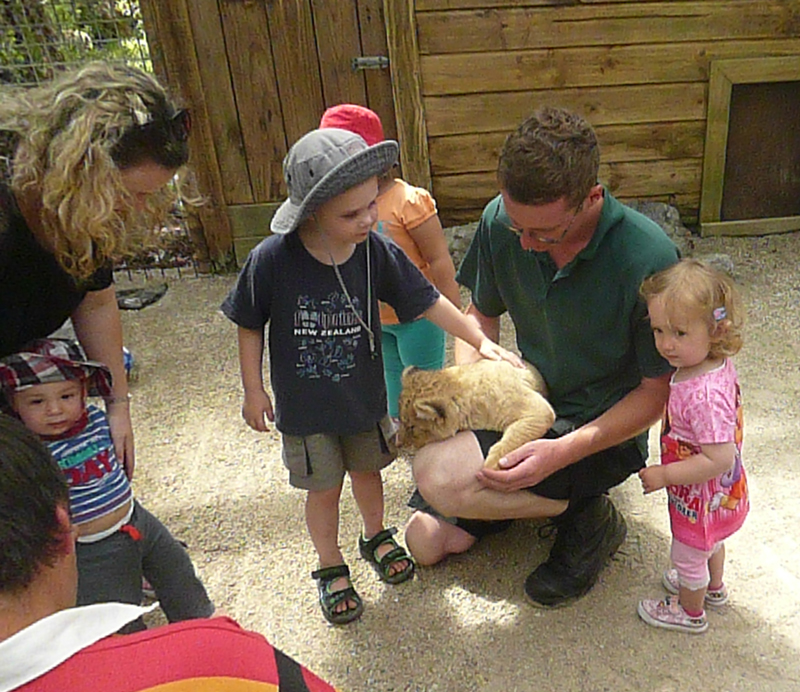
Our Core Beliefs
Human Nature
A central component of our kaupapa is a belief in the innate capacity of all individuals to grow and learn from one another (whakaako). We each possess inherent strengths and creative potential that allows us to achieve self-actualisation, provided that we experience life within a nurturing environment. Our major role then, in any educational endeavour, is to nourish and inspire the inherent possibilities of human capacity. This approach acknowledges that children do not develop in isolation, rather they emerge from rich traditions and history gifted to them through whakapapa.
Interdependence
We recognise that all individuals are unique and come to relationships (ngā hononga) with diverse experiences, personalities and cultures. We celebrate difference by centring educational opportunities not only on the individual but also on relationships, recognising that the growth and development of all members of our community, children, staff and whānau is dependent on aroha (respect) and openness to the ‘other’.
Empowerment
Recognising the child as ‘he mauri tangata’ (an active force of life) acknowledges that all children have agency. Emphasising cooperation and tuakana/teina relationships leads to interdependence and fosters belonging (mana whenua), self-knowledge, a positive sense of self and the ability to think critically. We empower tamariki to learn with and alongside others by engaging in experiences that are meaningful to them. The motivation for learning and developing should be intrinsic (come from within) as opposed to extrinsic and lead to a personal sense of accomplishment, satisfaction and joy.
Holism/ Kotahitanga
The growth and development of all individuals is not dependent on any specific phenomenon but rather the whole context of the child’s environment. While we focus on life within a centre setting, we understand that one’s whānau, community, culture, political and other environments jointly influence one’s development (whānau tangata). We value children’s home languages and cultures and enhance children’s identity as learners by being responsive to their cultural ways of knowing and being.
Inclusive Anti-Bias learning environment
We embrace differences in gender, ethnicity, ability, and learning needs, recognising that our attitudes toward our diversities have the potential to divide us as human beings. Education must address this by creating a learning environment that allows us to be united by our diversities and empower individuals to seek social harmony. We believe that it is imperative to engage in a constant process of self-examination and evaluation to detect discriminatory attitudes, behaviours and practices on a personal and/or institutional level. We value diversity and respect each other’s cultural values.
Experiential learning
In our aim to nurture the development of the whole person. We believe that the most meaningful education is that which results from experience (mana aotūroa). By engaging in experiential activities, individuals have the freedom to follow their own styles. We believe that when we recognise their needs, children will choose to engage in learning opportunities. The people, places, things, and time that a tamaiti experiences offer new learning and new knowledge, contributing to their resilience.
On Teaching
The āhuatanga ako (learning environment) we create for tamariki is underpinned by extensive theoretical knowledge and a desire to grow as teachers through reflection and scholarship. A child’s perception of teacher accessibility depends on teacher presence – their wairua (spirit), mindfulness, and demeanour and the trusting emotional connection that they create with the child.
The teachers love, compassion for and interest in children must be underpinned by extensive theoretical knowledge, a passionate desire to understand the child’s context, and a longing to respond to the child unconditionally and with respect for their mana and rights. In this way, early childhood teachers can gift children with authentic self-esteem which is secure and genuine because it emerges from unconditional love and acceptance.
In teaching, dialogue plays a central role. Dialogue comprises both words and body language. During dialogue, children and adults have a chance to express themselves. Dialogue is central to co-constructing knowledge with young children. However, quality conversations will focus on underlying meanings rather than gathering facts, and mediating between what the child knows and new experiences. Young children need adults who can encourage sustained conversations, queries, and complex thinking, including concepts of fairness, difference, and similarity. Teaching empathy and social skills such as negotiation and conflict resolution takes time, patience and teacher presence.
Expressing Emotion/Wānanga (Problem Solving)
Teachers are responsible for modelling appropriate ways of expressing emotions and teaching problem solving by acknowledging children’s feelings and giving them the words to express themselves. Young children need adults and environments that provide resources, challenges, and support (tautoko) for their widening interests and problem-solving capacities. The quality of these emotional interactions has a profound influence on the child’s development.
Programme Planning
We believe that children are central to their own learning. We use two approaches in program planning – “child-centred” and “child-initiated”. In child-centred planning teachers observe and then create learning opportunities and provocations based on the children’s interests and abilities. In child-initiated learning children create the experiences they involve themselves in. We are engaged in Government funded research focussed on assessment practice that best supports children’s needs based on partnership with whānau.
Physical Environment
We work to provide a welcoming and inclusive environment by giving visibility and positive status to taonga Maori and other cultures. Children feel more at home when they experience and interact with artefacts of their own culture within our programme. Materials are selected in order to stimulate creative thought and awareness in children. They are intended to build on the family and cultural backgrounds, observed interests, moods, activity levels and abilities of the children. Young children need a widening range of resources for creative expression, symbolising, and representation, along with challenging opportunities which keep pace with their physical co-ordination and development.
Child Guidance
We believe that providing acceptance, clear guidance, and love will support children in their process of acquiring self-mastery. A guidance approach will help children to learn to regulate their emotions and consequently their behaviour in time. Awareness and understanding of the child’s lived experience within the setting brings insight to help support children’s developing social competence. Adults set up an environment of trust in order to develop self-esteem in the children and give them the confidence to explore their world. When intervening in a conflict among children, adults model problem solving skills as well as offering support. Helping the child voice their rights empowers the child.
Nutrition
Healthy nutrition in early childhood can reinforce lifelong eating habits that contribute to children’s overall well-being and help them to grow up to their full potential and live a healthy life. In addition to contributing to the current childhood obesity epidemic, children who do not have healthy diets as young children are likely to continue to make unhealthy choices as teens and adults. We work with whānau and tamariki to understand the basics of child nutrition, avoid common mistakes, make healthy choices, learn about new things, and teach children healthy eating habits.
